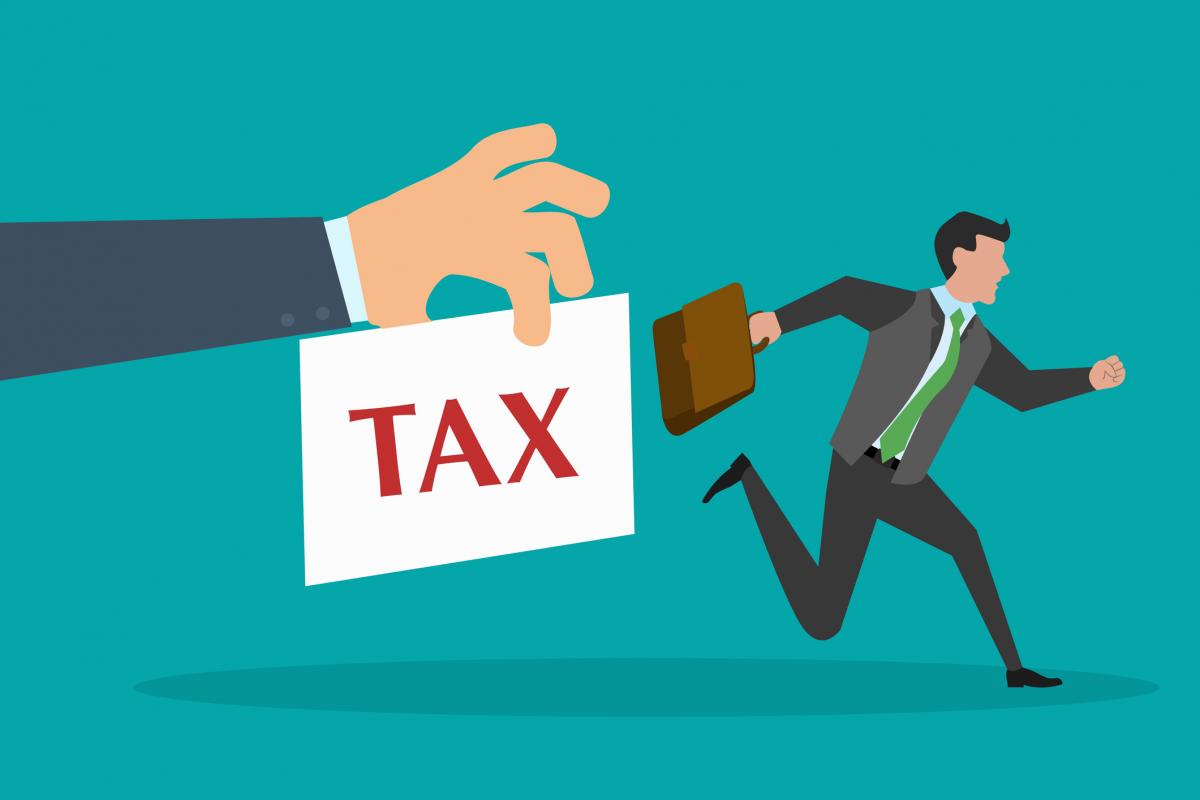Submitted by the Bond & Botes Law Offices - Tuesday, March 23, 2021

If you owe past-due federal taxes that you cannot pay, bankruptcy may be an option.
As a rule, most tax debts can’t be wiped out in bankruptcy—you’ll continue to owe them at the end of a Chapter 7 bankruptcy case or have to repay them in full in a Chapter 13 bankruptcy repayment plan. However, with any rule, there are always exceptions.
Discharging Tax Debt
If you need to discharge tax debts, Chapter 7 bankruptcy will often be the better option—but only if the tax debt qualifies for discharge (not all do) and you’re eligible for Chapter 7 bankruptcy. All of these conditions must be met before you can discharge (wipe out) federal income taxes in Chapter 7 bankruptcy:
- The taxes are income taxes. Taxes other than income, such as payroll taxes or other “trust fund” taxes, can never be eliminated in bankruptcy.
- You did not commit fraud or willful evasion. If you filed a fraudulent tax return or otherwise willfully attempted to evade paying taxes, such as using a false Social Security number on your tax return, bankruptcy probably won’t help.
- The debt is at least three years old. The tax return must have been originally due at least three years before filing for bankruptcy.
- You filed a tax return. You must have filed a tax return for the debt you wish to discharge at least two years before filing for bankruptcy. (In most courts, if you file a late return (meaning your extensions have expired and the IRS filed a substitute return on your behalf), you have not have filed a “return” and cannot discharge the tax. In some courts, you can discharge tax debt that is the subject of a late return as long as you meet the other criteria.)
- You pass the “240-day rule.” The IRS must have assessed the income tax debt at least 240 days before you file your bankruptcy petition. (These time limits could be extended if the IRS suspended collection activity because of an offer in compromise or a previous bankruptcy filing.)
What If I File for Chapter 13
Chapter 13 bankruptcy to manage your tax debt can sometimes be a smart move. If you have a tax debt you can’t discharge, Chapter 13 bankruptcy might give you a more favorable repayment schedule—meaning a lower monthly payment—than you would receive from the taxing authority.
- Dischargeable taxes (see conditions above) might be forgiven without any payment at all, depending on the amount of disposable income you have after your reasonable and necessary expenses are deducted from your pay.
- Dischargeable taxes won’t incur additional interest or penalties (but you’ll pay interest on nondischargeable tax).
- You can satisfy an IRS tax lien through the Chapter 13 plan.
- The IRS is obligated to abide by the plan as long as you include all your outstanding income tax and keep your tax returns and post-petition tax obligations current during your Chapter 13 plan.
What Can You Do
Taxes are not going to decrease anytime soon and tax laws are very complicated. Bankruptcy laws are likewise extremely complicated. If you owe any tax debt of any kind and are wondering how to deal with it, call one of our Bond & Botes affiliated offices. We offer free initial consultations so feel free to call one of our conveniently located offices to set up a private consultation with one of our experienced attorneys. We will analyze your situation and help you to make the best decisions possible to help you eliminate your tax debt.
This post is intended for general information only and does not constitute legal advice. To discuss your specific situation, we encourage you to schedule a confidential consultation with an attorney.

 1-877-581-3396
1-877-581-3396

